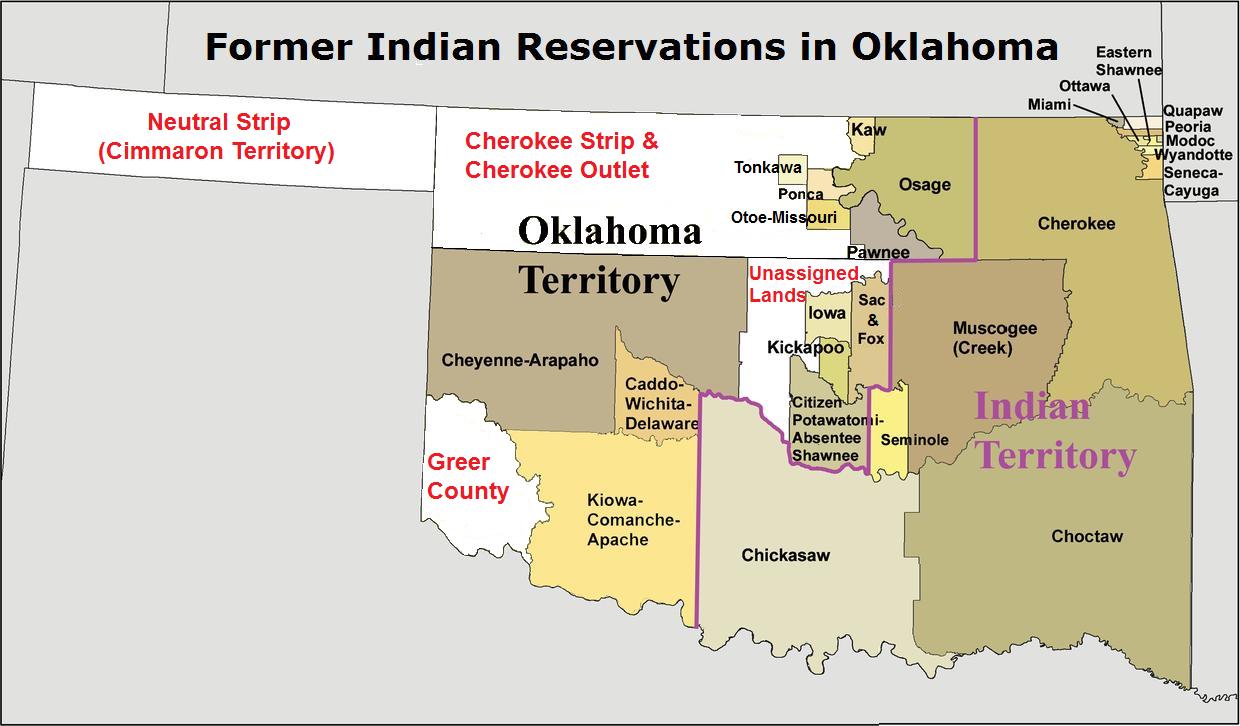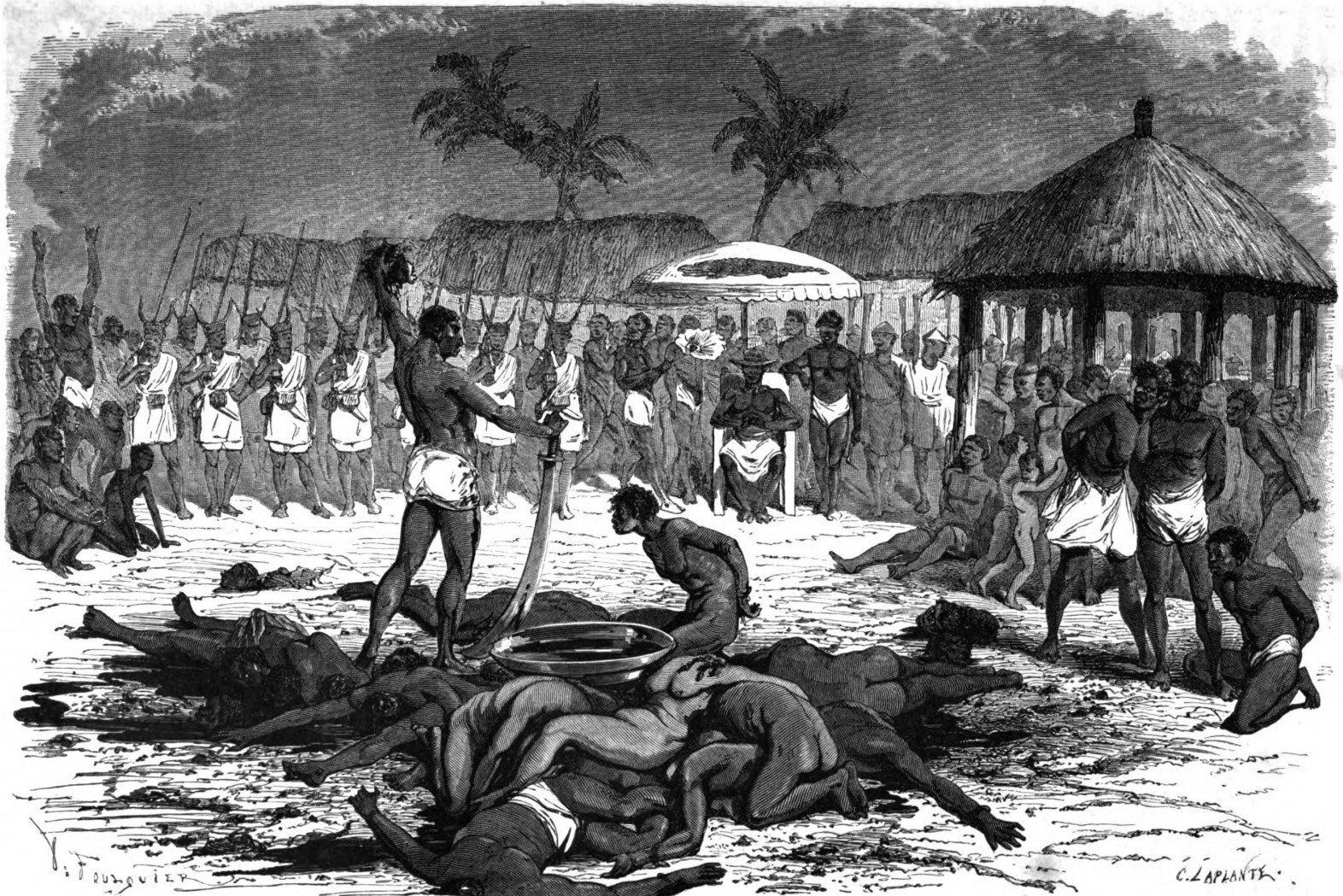|
Skidi
The Skidi is one of four bands of Pawnee people, a central Plains tribe. They lived on the Central Plains of Nebraska and Kansas for most of the millennium prior to European contact. The Skidi, also known as the Wolf band lived in the northern part of Pawnee territory. According to oral history, the Skidi were associated with the Arikara and the Wichita before the Arikara moved northward. They did not join the other, southern bands of Pawnee until the mid-18th century. The Skidi language was less related to the other Pawnee languages than the other three tribes' languages were related to each other. In the 18th century, the Skidi first lived on the Loup River in Nebraska. Today, the Skidi Pawnee are enrolled in the Pawnee Nation of Oklahoma. Names The Shidi have also been known as the Wolf Pawnee, French Loup Pawnee, Panismaha, or Panimaha, or Skiri. History The Skidi's main settlements were along the Platte River. Some early European explorers referred to this waterw ... [...More Info...] [...Related Items...] OR: [Wikipedia] [Google] [Baidu] |
Pawnee People
The Pawnee, also known by their endonym (which translates to "Men of Men"), are an Plains Indians, Indigenous people of the Great Plains that historically lived in Nebraska and northern Kansas but today are based in Oklahoma. They are the federally recognized Pawnee Nation of Oklahoma, who are headquartered in Pawnee, Oklahoma. Their Pawnee language belongs to the Caddoan language family. Historically, the Pawnee lived in villages of earth lodges near the Loup River, Loup, Republican River, Republican, and Platte River, South Platte rivers. The Pawnee tribal economic activities throughout the year alternated between farming crops and hunting American bison, buffalo. In the early 18th century, the Pawnee numbered more than 60,000 people. They lived along the Loup () and Platte () river areas for centuries; however, several tribes from the Great Lakes began moving onto the Great Plains and encroaching on Pawnee territory, including the Dakota people, Dakota, Lakota people, La ... [...More Info...] [...Related Items...] OR: [Wikipedia] [Google] [Baidu] |
Pawnee Nation Of Oklahoma
The Pawnee, also known by their endonym (which translates to "Men of Men"), are an Indigenous people of the Great Plains that historically lived in Nebraska and northern Kansas but today are based in Oklahoma. They are the federally recognized Pawnee Nation of Oklahoma, who are headquartered in Pawnee, Oklahoma. Their Pawnee language belongs to the Caddoan language family. Historically, the Pawnee lived in villages of earth lodges near the Loup, Republican, and South Platte rivers. The Pawnee tribal economic activities throughout the year alternated between farming crops and hunting buffalo. In the early 18th century, the Pawnee numbered more than 60,000 people. They lived along the Loup () and Platte () river areas for centuries; however, several tribes from the Great Lakes began moving onto the Great Plains and encroaching on Pawnee territory, including the Dakota, Lakota (, 'cut throat / cuts the throat'), and Cheyenne (). The Arapaho (, 'dog eater') also moved ... [...More Info...] [...Related Items...] OR: [Wikipedia] [Google] [Baidu] |
Panimaha
The Skidi is one of four bands of Pawnee people, a central Plains tribe. They lived on the Central Plains of Nebraska and Kansas for most of the millennium prior to European contact. The Skidi, also known as the Wolf band lived in the northern part of Pawnee territory. According to oral history, the Skidi were associated with the Arikara and the Wichita people, Wichita before the Arikara moved northward. They did not join the other, southern bands of Pawnee until the mid-18th century. The Skidi language was less related to the other Pawnee languages than the other three tribes' languages were related to each other. In the 18th century, the Skidi first lived on the Loup River in Nebraska. Today, the Skidi Pawnee are enrolled in the Pawnee Nation of Oklahoma. Names The Shidi have also been known as the Wolf Pawnee, French Loup Pawnee, Panismaha, or Panimaha, or Skiri. History The Skidi's main settlements were along the Platte River. Some early European explorers referred to t ... [...More Info...] [...Related Items...] OR: [Wikipedia] [Google] [Baidu] |
Morning Star Ceremony
Pawnee mythology is the body of oral history, cosmology, and myths of the Pawnee people concerning their gods and heroes. The Pawnee are a federally recognized tribe of Native Americans, formerly located on the Great Plains along tributaries of the Missouri and Platte Rivers in Nebraska and Kansas and currently located in Oklahoma. They historically speak Pawnee, a Caddoan language. The Pawnees lived in villages of earth lodges. They grew corn and went on long bison hunts on the open plains twice a year. The tribe has four bands: the Skidi and "the South Bands" consisted of the Chawi, the Kitkahahki and the Pitahawirata Pawnee. There were some differences in the mythology of the Skidi and the South Bands. James Rolfe Murie. (1981b): "Ceremonies of the Pawnee. Part II. The South Bands." ''Smithsonian Contributions to Anthropology''. No. 27. Washington. The Skidis were "the great star specialists", with a belief system focusing on visible objects on the night sky. Stars east of th ... [...More Info...] [...Related Items...] OR: [Wikipedia] [Google] [Baidu] |
Petalesharro
Petalesharo (c. 1797 – c. 1836) was a Skidi Pawnee chief or brave who rescued an "Ietan" girl, that is Comanche girl,Thurman, Melburn D.: "The Timing of the Skidi-Pawnee Morning Star " ''Ethnohistory'', Vol. 30 (1983), No. 3, pp. 155-163. from a ritual human sacrifice around 1817 (in present-day Nebraska) and earned publicity for his act in national newspapers. In 1821, he was one of numerous Great Plains tribal chiefs to go to Washington, D.C. as part of the O'Fallon Delegation where they met President James Monroe. History As was their traditional practice, the Skidi Pawnee had captured an enemy girl to sacrifice her as part of the spring equinox Morning Star ceremony. They would care well for her before the sacrifice in the weeks or months beforehand.Ralph Linton, "The origin of the Pawnee Morning Star Sacrifice", ''American Anthropologist'' (New Series) Vol 28, No 3 (July 1926), pp. 457–466 Petalesharo's father Knife Chief (''Lachelasharo'') opposed the ceremony, but th ... [...More Info...] [...Related Items...] OR: [Wikipedia] [Google] [Baidu] |
Arikara People
The Arikara ( ), also known as Sahnish, ''Mandan, Hidatsa, and Arikara Nation.'' (Retrieved Sep 29, 2011) Arikaree, Ree, or Hundi, are a tribe of Native Americans in and . Today, they are enrolled with the and the |
Loup River
The Loup River (pronounced /lup/) is a tributary of the Platte River, approximately long, in central Nebraska in the United States. The river drains a sparsely populated rural agricultural area on the eastern edge of the Great Plains southeast of the Sandhills. The name of the river means "wolf" in French, named by early French trappers after the Skidi band of the Pawnee, whose name means "Wolf People," and who lived along its banks. The river and its tributaries, including the North Loup, Middle Loup, and South Loup, are known colloquially as "the Loups", comprising over 1800 mi (2900 km) of streams and draining approximately one-fifth of Nebraska. Course The river is formed in eastern Howard County, approximately northeast of St. Paul and north of Grand Island, by the confluence of the North Loup and Middle Loup rivers. It flows east-northeast, past Fullerton, where it is joined from the north by the Cedar River. It continues east-northeast roughly paral ... [...More Info...] [...Related Items...] OR: [Wikipedia] [Google] [Baidu] |
Plains Tribe
Plains Indians or Indigenous peoples of the Great Plains and Canadian Prairies are the Native American tribes and First Nations peoples who have historically lived on the Interior Plains (the Great Plains and Canadian Prairies) of North America. While hunting-farming cultures have lived on the Great Plains for centuries prior to European contact, the region is known for the horse cultures that flourished from the 17th century through the late 19th century. Their historic nomadism and armed resistance to domination by the government and military forces of Canada and the United States have made the Plains Indian culture groups an archetype in literature and art for Native Americans everywhere. The Plains tribes are usually divided into two broad classifications which overlap to some degree. The first group became a fully nomadic horse culture during the 18th and 19th centuries, following the vast herds of American bison, although some tribes occasionally engaged in agricult ... [...More Info...] [...Related Items...] OR: [Wikipedia] [Google] [Baidu] |
Oklahoma
Oklahoma ( ; Choctaw language, Choctaw: , ) is a landlocked U.S. state, state in the South Central United States, South Central region of the United States. It borders Texas to the south and west, Kansas to the north, Missouri to the northeast, Arkansas to the east, New Mexico to the west, and Colorado to the northwest. Partially in the western extreme of the Upland South, it is the List of U.S. states and territories by area, 20th-most extensive and the List of U.S. states and territories by population, 28th-most populous of the 50 United States. Its residents are known as Oklahomans and its capital and largest city is Oklahoma City. The state's name is derived from the Choctaw language, Choctaw words , 'people' and , which translates as 'red'. Oklahoma is also known informally by its List of U.S. state and territory nicknames, nickname, "The Sooner State", in reference to the Sooners, American pioneer, American settlers who staked their claims in formerly American Indian-o ... [...More Info...] [...Related Items...] OR: [Wikipedia] [Google] [Baidu] |
Iowa People
The Iowa, also known as Ioway or Báxoje (, "grey snow people"), are a Native American tribe. Historically, they spoke a Chiwere language, Chiwere Siouan language. Today, they are enrolled in either of two federally recognized tribes: the Iowa Tribe of Oklahoma and the Iowa Tribe of Kansas and Nebraska. The Iowa, Missouria, and Otoe tribes were all once part of the Ho-Chunk people and were all Chiwere language speakers. They left their ancestral homelands in Southern Wisconsin for Eastern Iowa, a state that bears their name. In 1837, the Iowa were moved from Iowa to Indian reservation, reservations in Brown County, Kansas, Brown County, Kansas, and Richardson County, Nebraska, Richardson County, Nebraska. Bands of Iowa were forced into Indian Territory in the late 19th century and settled south of Perkins, Oklahoma, to become the Iowa Tribe of Oklahoma. Etymology The Ioway call themselves the Báxoje, pronounced (alternate spellings: ''pahotcha'', ''pahucha'', ''Bah-Kho-Je'' ... [...More Info...] [...Related Items...] OR: [Wikipedia] [Google] [Baidu] |
Human Sacrifice
Human sacrifice is the act of killing one or more humans as part of a ritual, which is usually intended to please or appease deity, gods, a human ruler, public or jurisdictional demands for justice by capital punishment, an authoritative/priestly figure, spirits of veneration of the dead, dead ancestors or as a retainer sacrifice, wherein a monarch's servants are killed in order for them to continue to serve their master in the next life. Closely related practices found in some tribe, tribal societies are human cannibalism, cannibalism and headhunting. Human sacrifice is also known as ritual murder. Human sacrifice was practiced in many human societies beginning in prehistoric times. By the Iron Age with the associated developments in religion (the Axial Age), human sacrifice was becoming less common throughout Africa, Europe, and Asia, and came to be looked down upon as barbarian, barbaric during classical antiquity. In the New World, Americas, however, human sacrifice cont ... [...More Info...] [...Related Items...] OR: [Wikipedia] [Google] [Baidu] |








